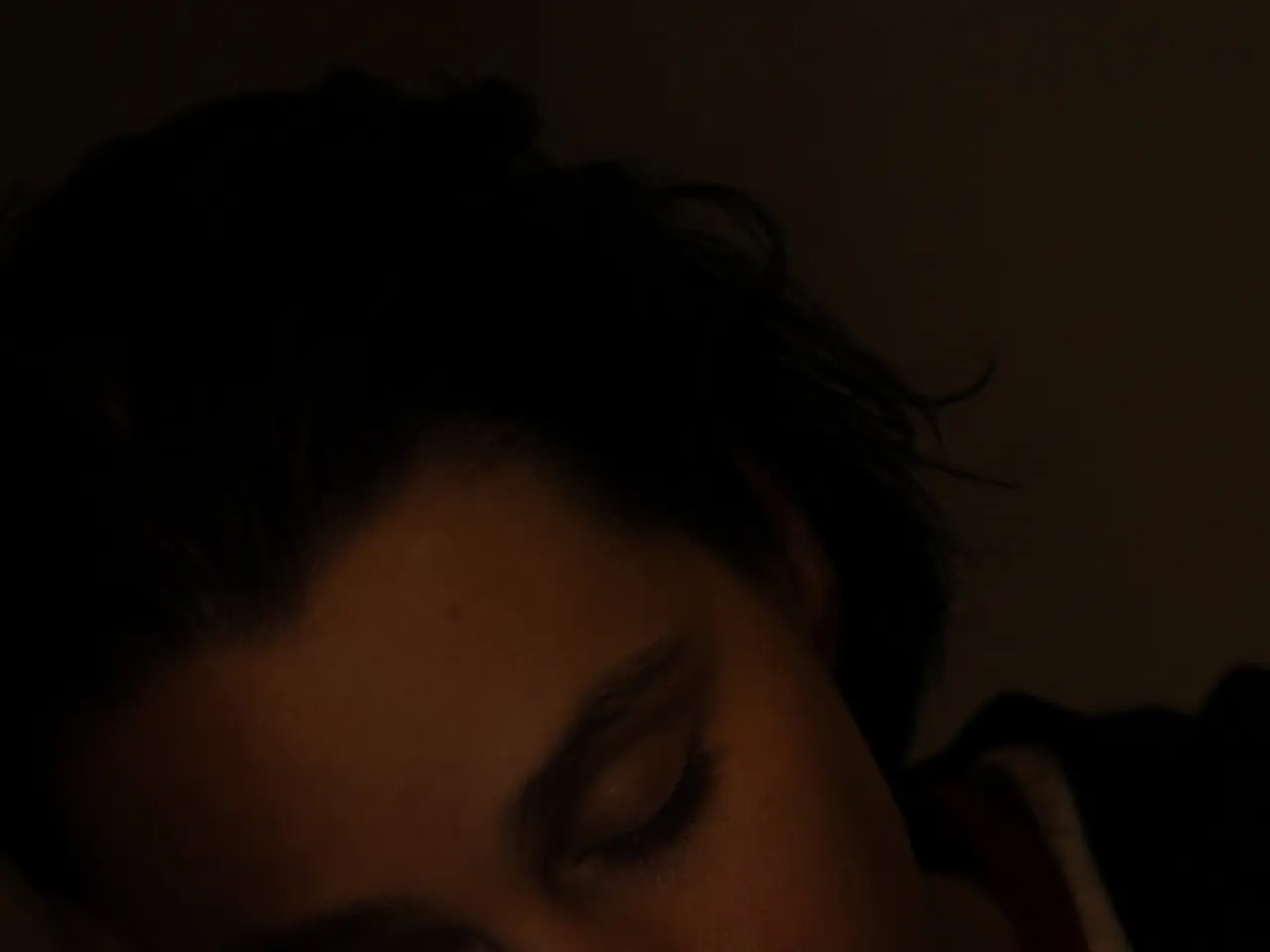Mystery markings upon awakening: Understanding potential sources and remedies
Scratching during sleep can disrupt your peaceful slumber and leave you with unwanted marks on your skin. While a variety of factors can contribute to this issue, one distinct skin condition has been identified as a primary cause: neurodermatitis, also known as lichen simplex chronicus.
Neurodermatitis is a chronic skin condition characterised by itchy, inflamed patches that often lead to intense scratching, particularly disrupting sleep. Unlike other eczema types that affect multiple areas, neurodermatitis usually manifests as one or two localised patches on the body.
This condition is well-recognised and named, and it is known to cause significant discomfort during the night due to the urge to scratch, which can interrupt sleep patterns. Although other factors and conditions, such as dry skin, allergies, systemic diseases, atopic dermatitis, eczema, psoriasis, scabies, and even pregnant women's itchy stretch marks, can also lead to nighttime itching, neurodermatitis stands out as a distinct dermatological diagnosis directly linked to sleep-related scratching.
Preventing sleep deprivation, improving sleep hygiene, and stress reduction techniques, such as meditation, deep breathing, or repeating a positive phrase before sleep, can help reduce the symptoms of scratching during sleep. Avoiding stimulants before bed, sleeping in a cool and dark room, and refraining from using electronic devices an hour before bed are all examples of good sleep hygiene practices.
Moreover, avoiding alcohol or recreational drugs can also improve sleep quality, reducing the risk of scratching during sleep. It's essential to note that if a person's scratching persists despite taking these steps and treating underlying conditions, they should consult a doctor.
In some cases, a partner or pet may inadvertently scratch a person while they sleep, causing scratches. Research is being conducted to investigate the potential uses of sleep studies and smartwatch apps in diagnosing nighttime scratching.
Cats can transmit cat scratch disease through their claws, causing a mild infection with fever, enlarged lymph nodes, and stomach pain. If you suspect you have been scratched by a cat, it's advisable to monitor your symptoms and consult a healthcare professional if necessary.
Allergic reactions to evening medications or laundry detergent can also cause scratching while sleeping. If you notice a pattern of scratching after using a new product, it may be worth investigating potential allergies.
It's important to remember that while neurodermatitis is a common cause of sleep-related scratching, it's not the only one. If you are experiencing persistent scratching during sleep, it's crucial to consult a healthcare professional to determine the underlying cause and find the most effective treatment.
- Neurodermatitis, a chronic skin condition, is known for causing intense itching during sleep, resulting in disruptive scratching.
- The itchy, inflamed patches of neurodermatitis usually manifest as one or two localised patches on the body.
- sleep hygiene practices like meditation, deep breathings, or repeating a positive phrase before sleep can help reduce symptoms of scratching during sleep.
- Avoiding stimulants before bed, sleeping in a cool and dark room, and refraining from using electronic devices an hour before bed are good sleep hygiene practices.
- Cats can transmit cat scratch disease through their claws, causing a mild infection with fever, enlarged lymph nodes, and stomach pain.
- Allergic reactions to evening medications or laundry detergent can also cause scratching while sleeping.
- If you notice a pattern of scratching after using a new product, it may be worth investigating potential allergies.
- It's crucial to consult a healthcare professional if a person's scratching persists despite taking steps to prevent it and treating underlying conditions.




